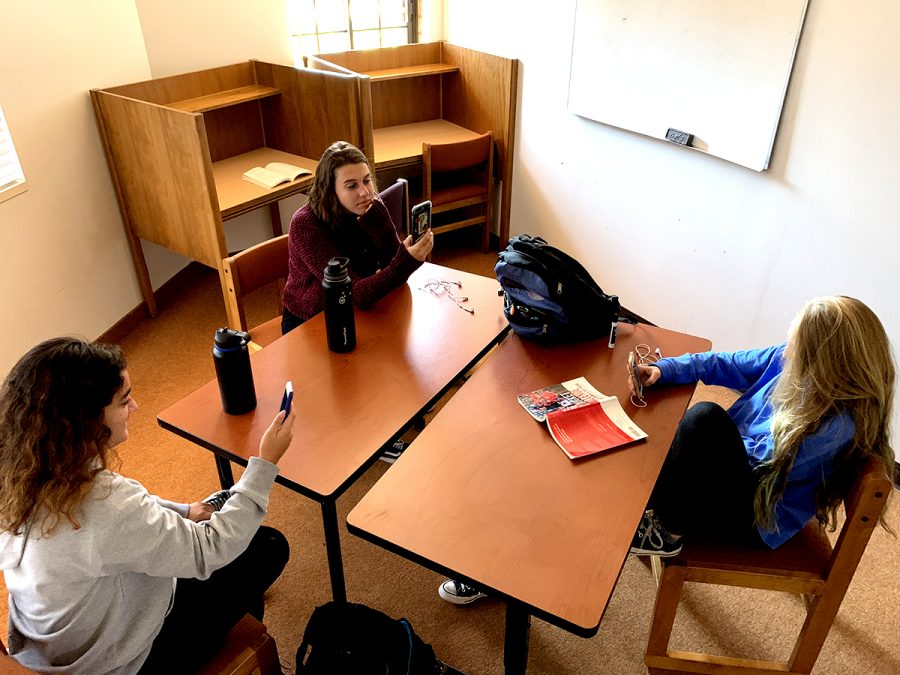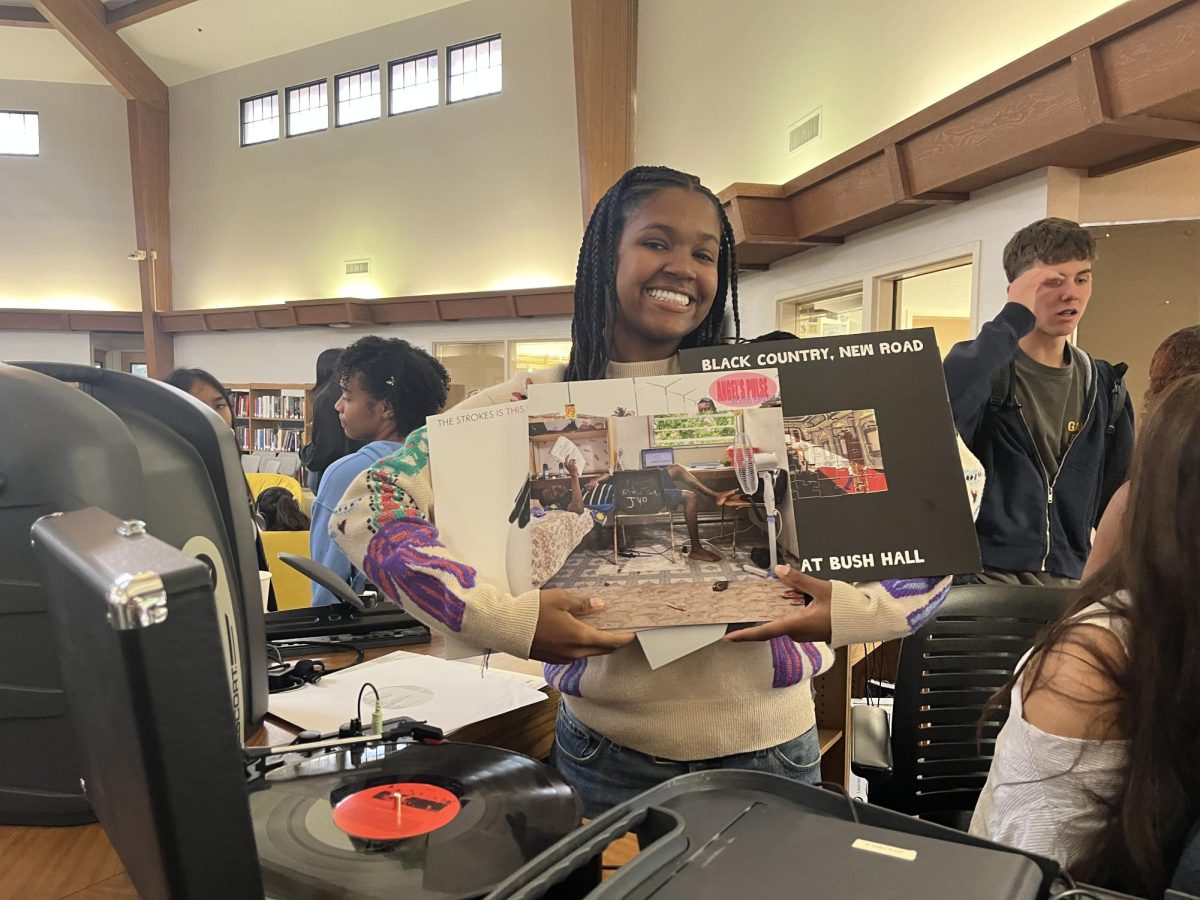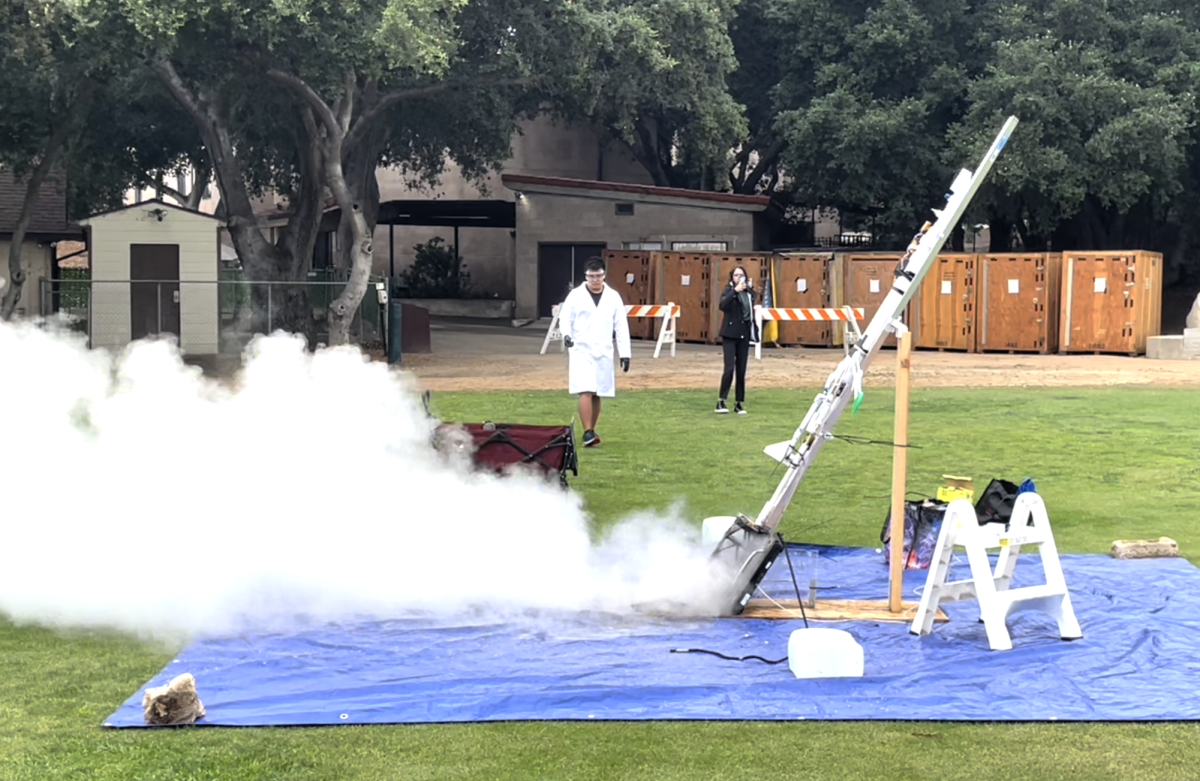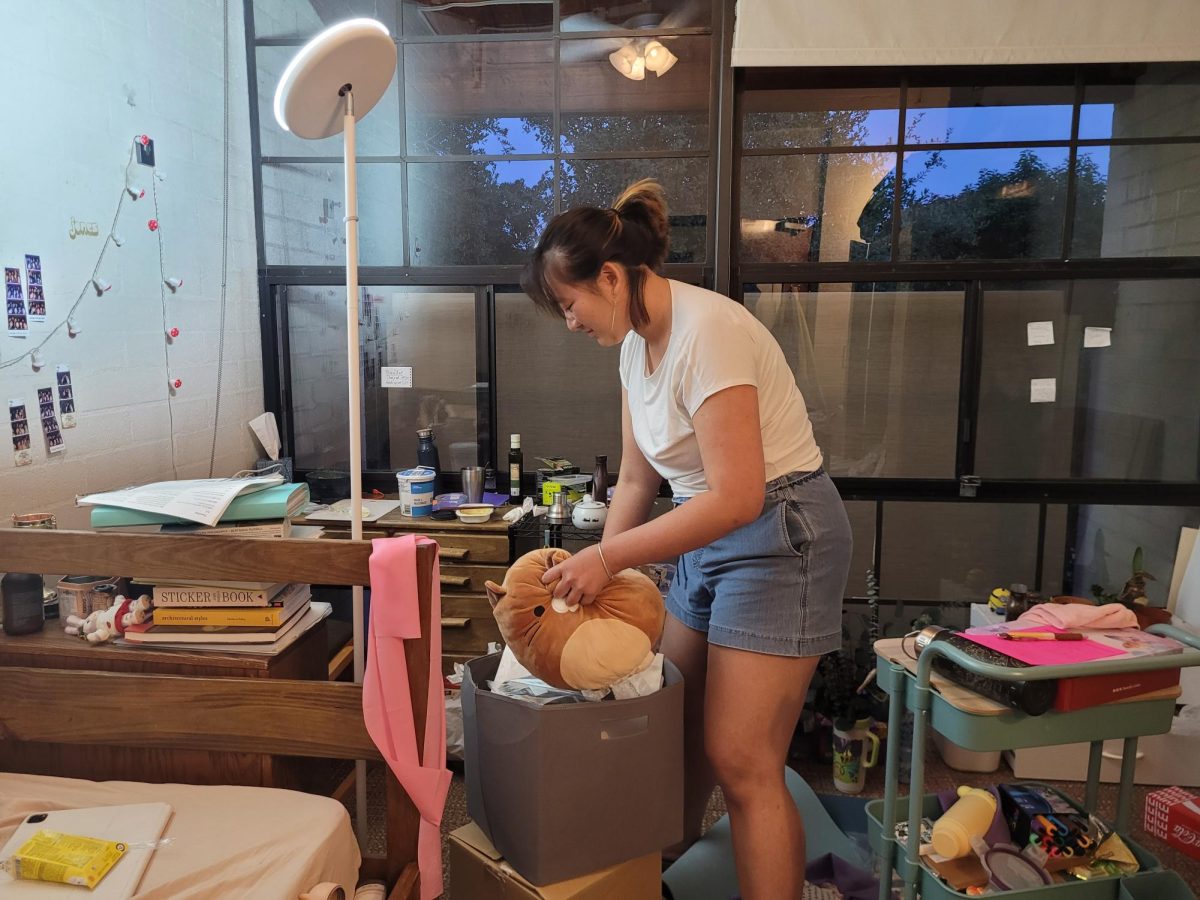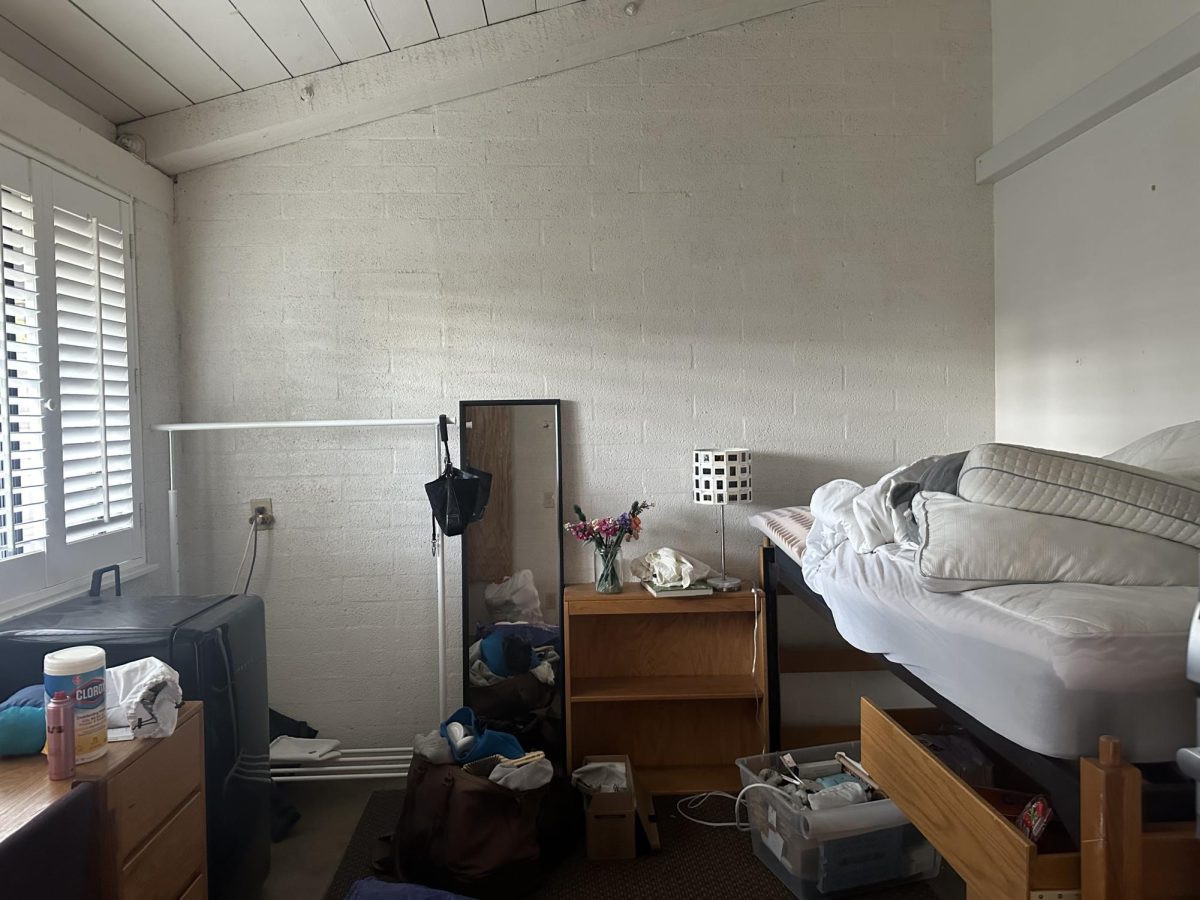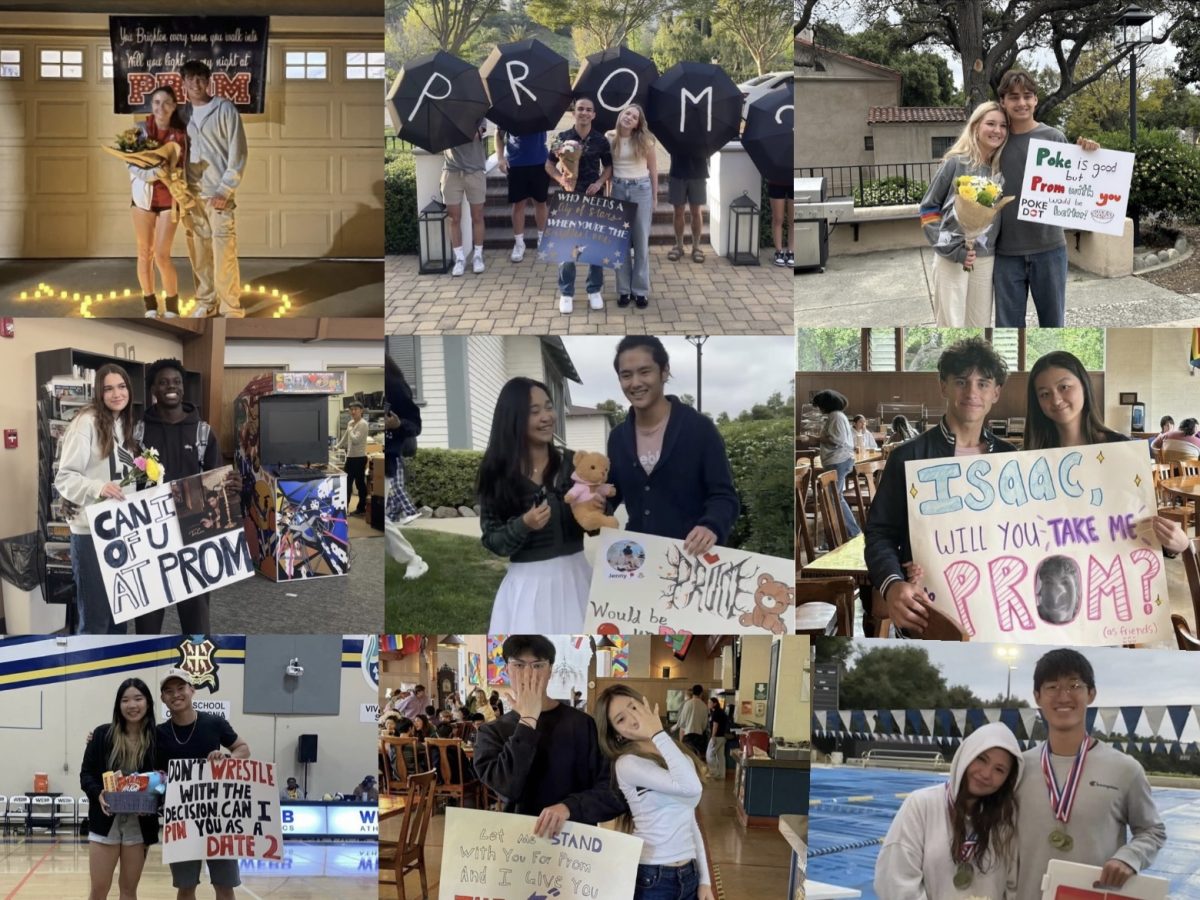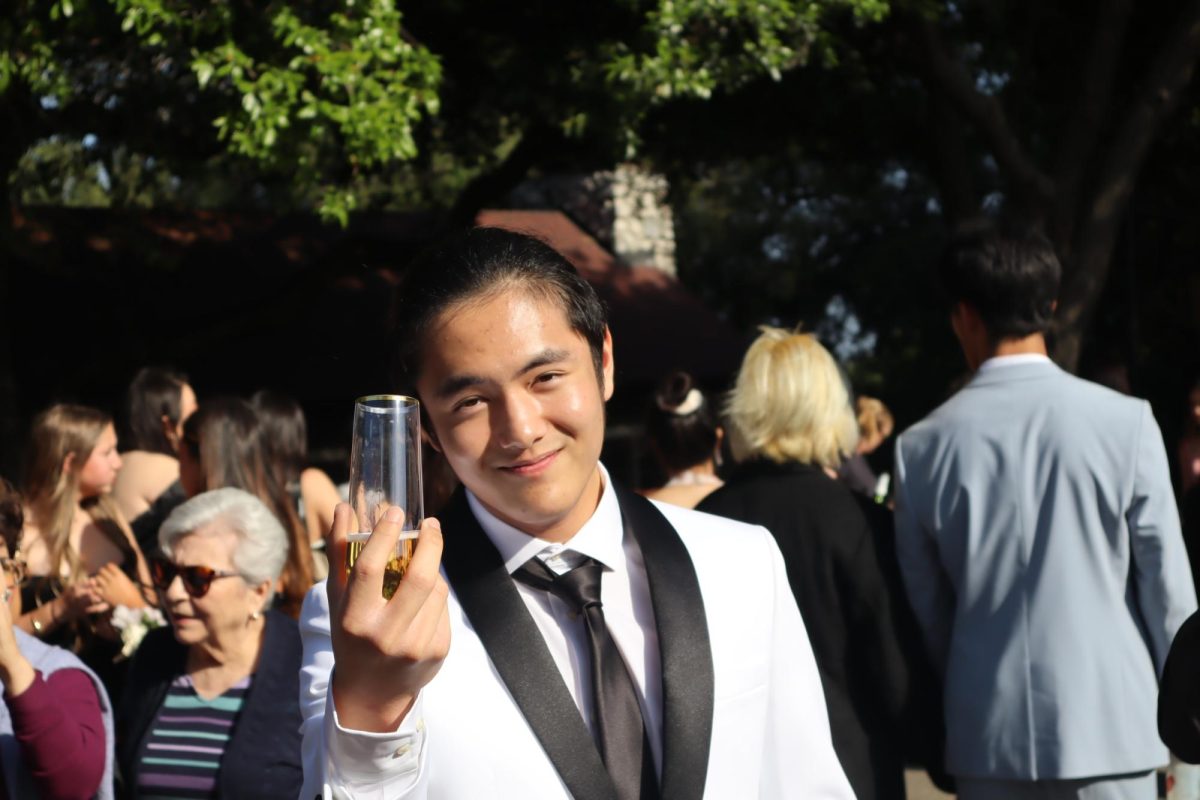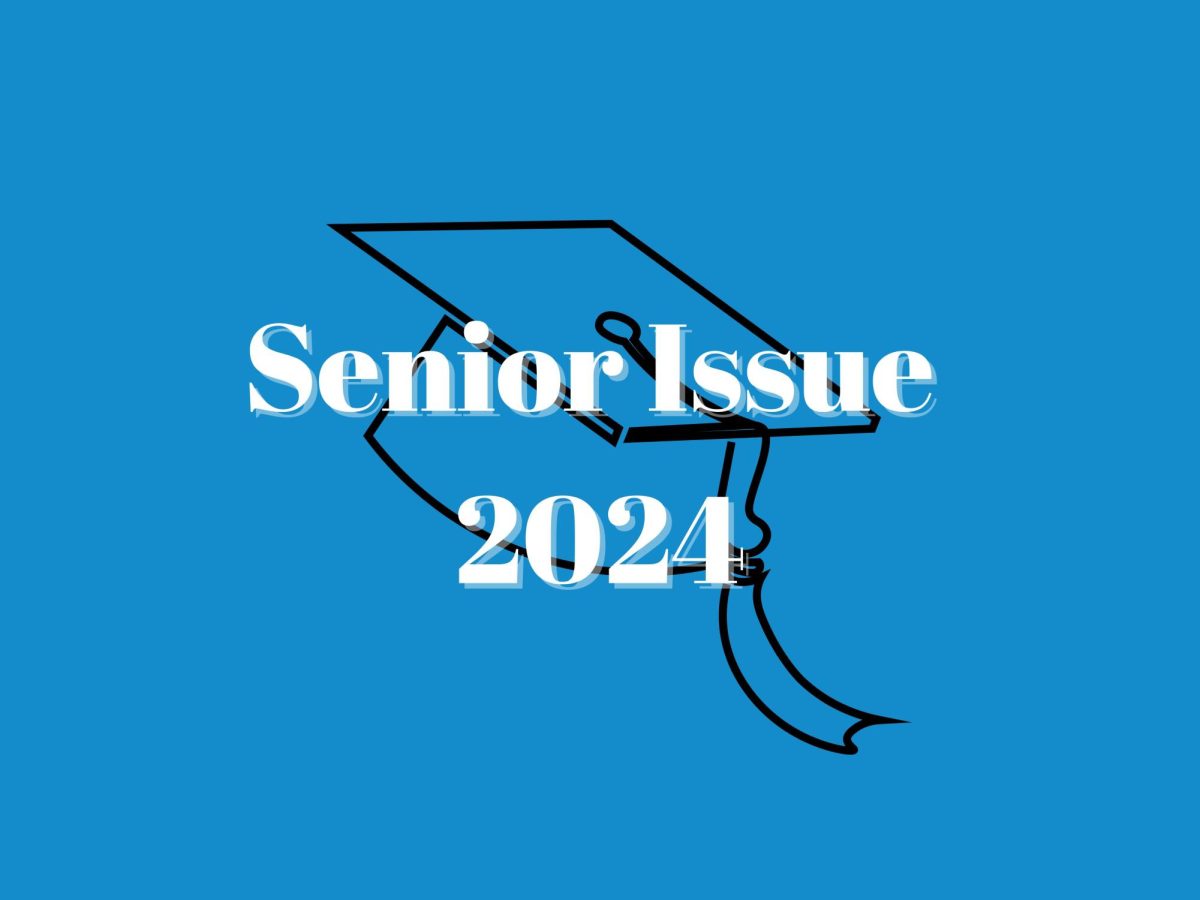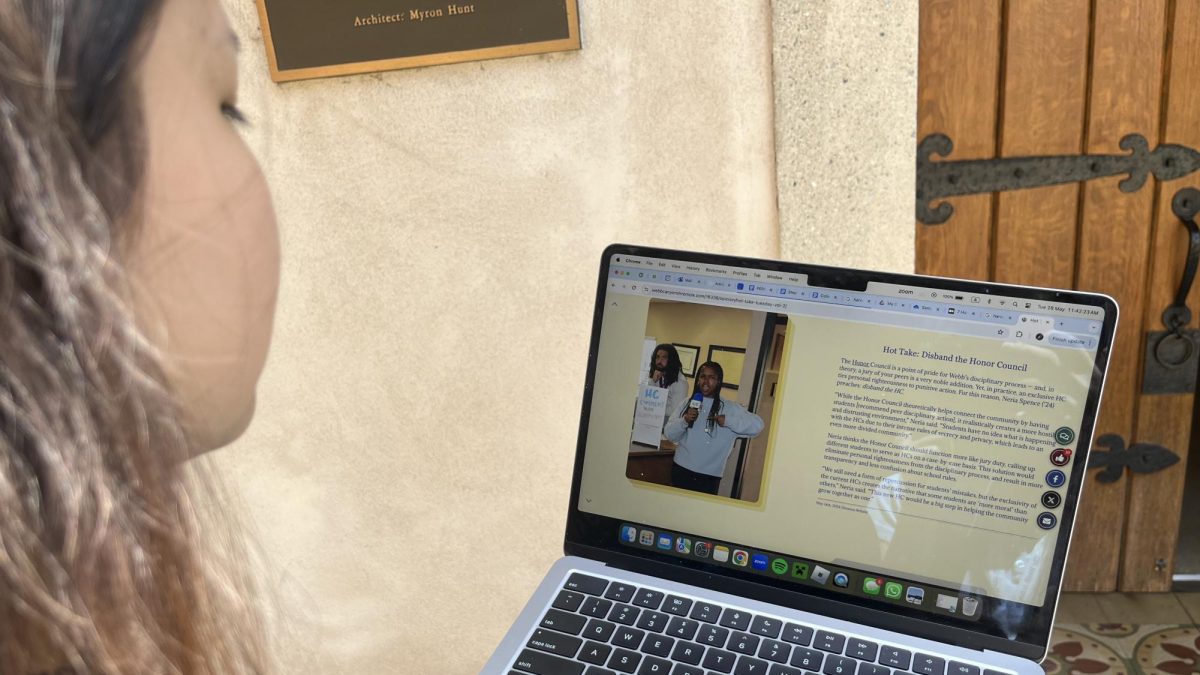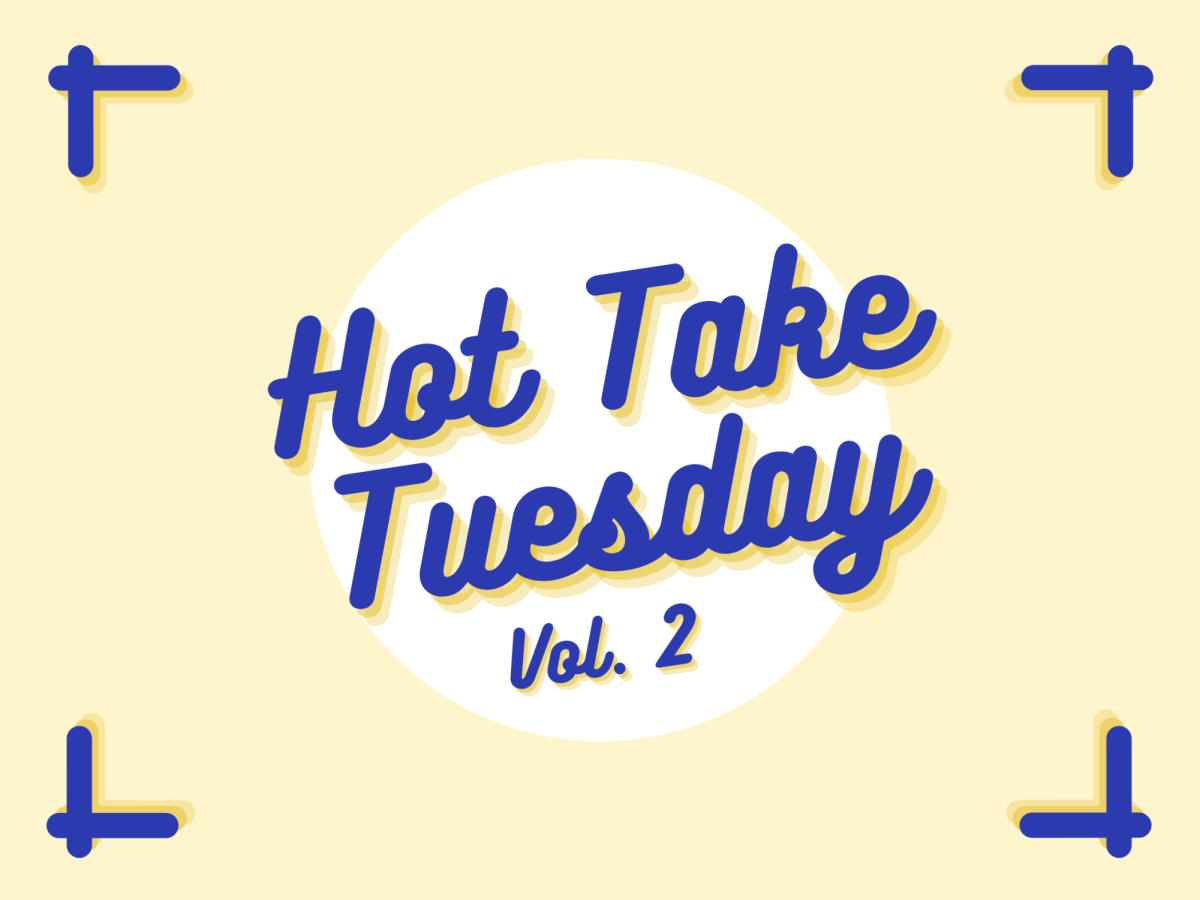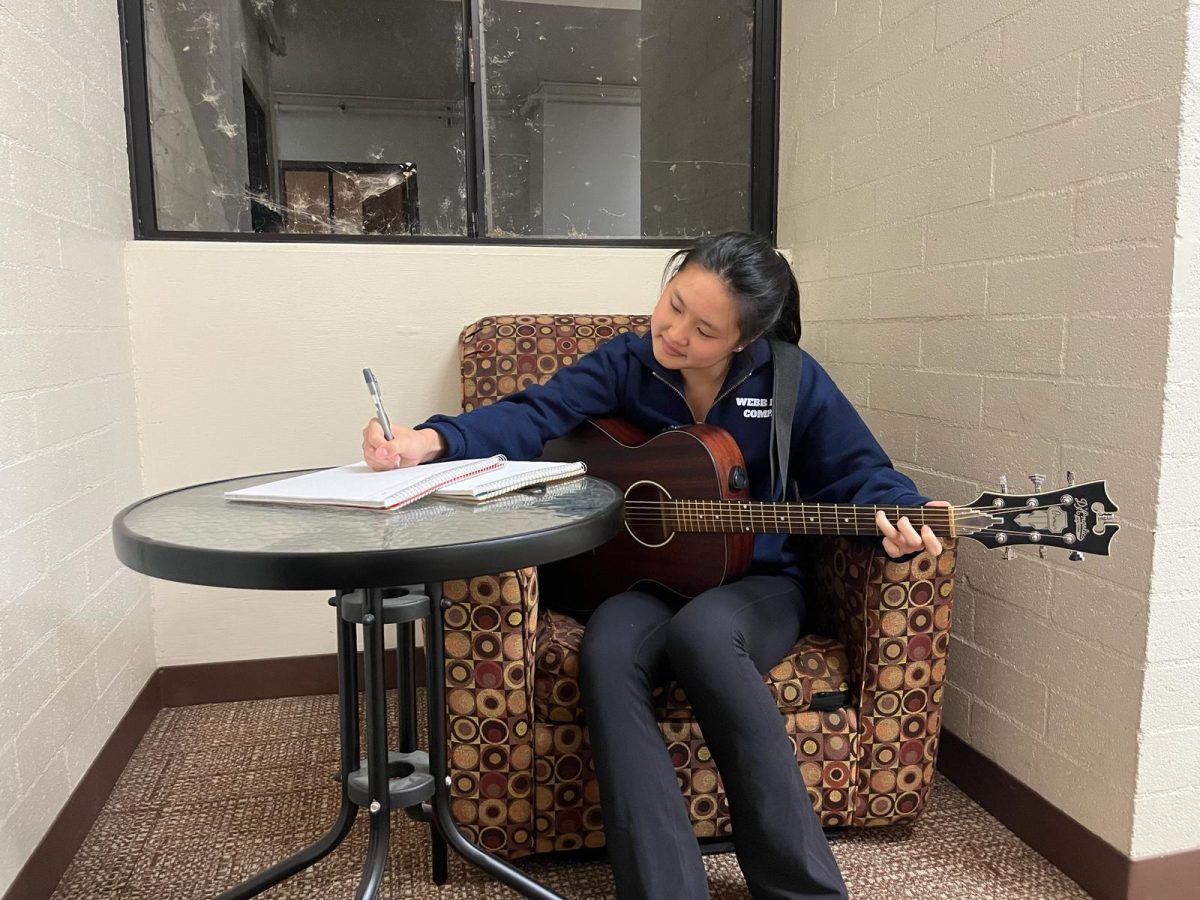On Wednesday, October 3rd, during F block, the very first Presidential Alert was sent to every smartphone in the United States. During class time, one can expect to see most student’s phones face up on their desk. At 11:18 a.m., when buzzes and chimes simultaneously sounded across all lower campus nearly everyone immediately picked up their phones to check their notifications. Anne Lofgren (‘19) said, “I wasn’t too surprised by the text… I’m curious what situation would make sending a text to every American necessary.”
Most of us have received AMBER Alerts or alerts about extreme weather before, and the Presidential Alert was not much different. Jacob Weigand (‘20) said, “I didn’t notice the message until everyone else’s phone was going off, and they said it was a Presidential Alert. It was super loud and everyone got distracted from the class and started talking about it.” What makes the Presidential Alert so much more significant and why was everyone so worried?
Every United States citizen with a smartphone (which accounts for 75% of the United States population) supposedly received the message, according to TIME. The Presidential Alert drew attention to the fact that we are all constantly accessible. Everyone always has their phones with them, which makes cellular devices an efficient way to relay important messages to the general public.
In the past, when presidents have had to send a message to the public it was done over the radio or television. It makes sense for the system to be updated along with current technology, only the issue is that this alert is inevitable. One can turn off their TV or their radio; one can even turn off other Government Alerts, like those for the weather or AMBER Alerts. But the only way to avoid a Presidential Alert is to power down your phone.
Many felt worried about the potentiality of a president abusing this newfound capability. However, The Integrated Public Alert and Warning System Modernization Act of 2015 states that a president would be breaking the law if he used the alert system for any reason other than to warn citizens of potential emergencies.
Although in the moment the Presidential Alert seemed like the beginning of a dystopian future, we should not have to worry about the president abusing this power. Hopefully, we can all feel a little safer knowing that in the case of a national emergency, the majority of the United States will know about it in under a minute.


